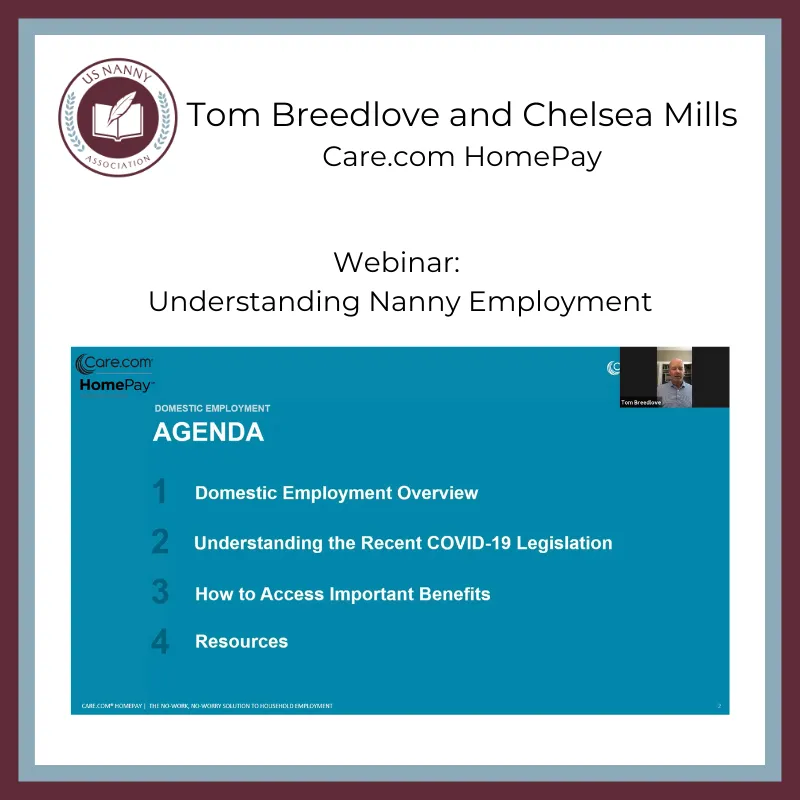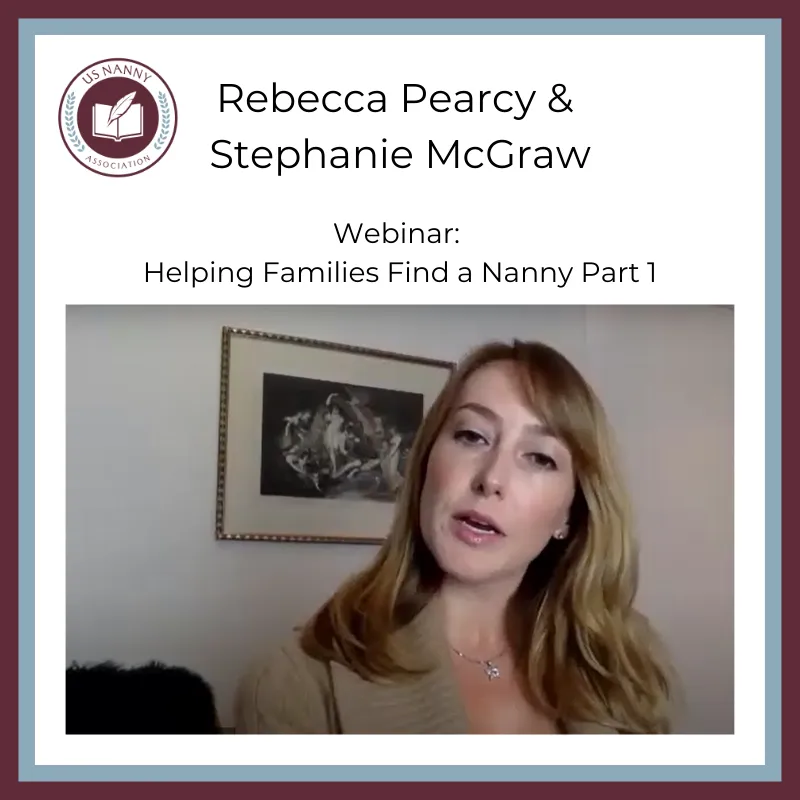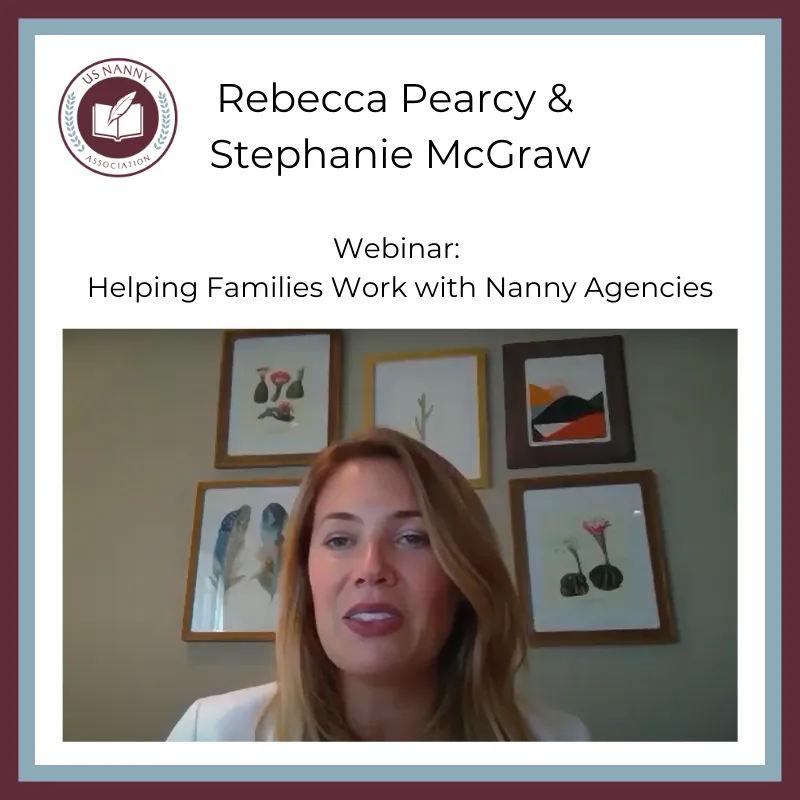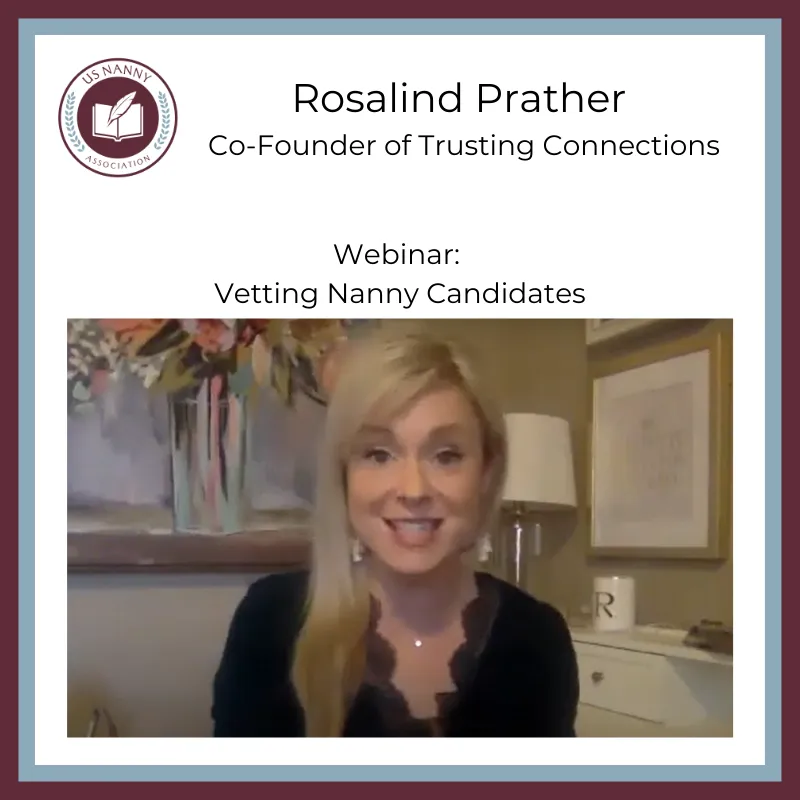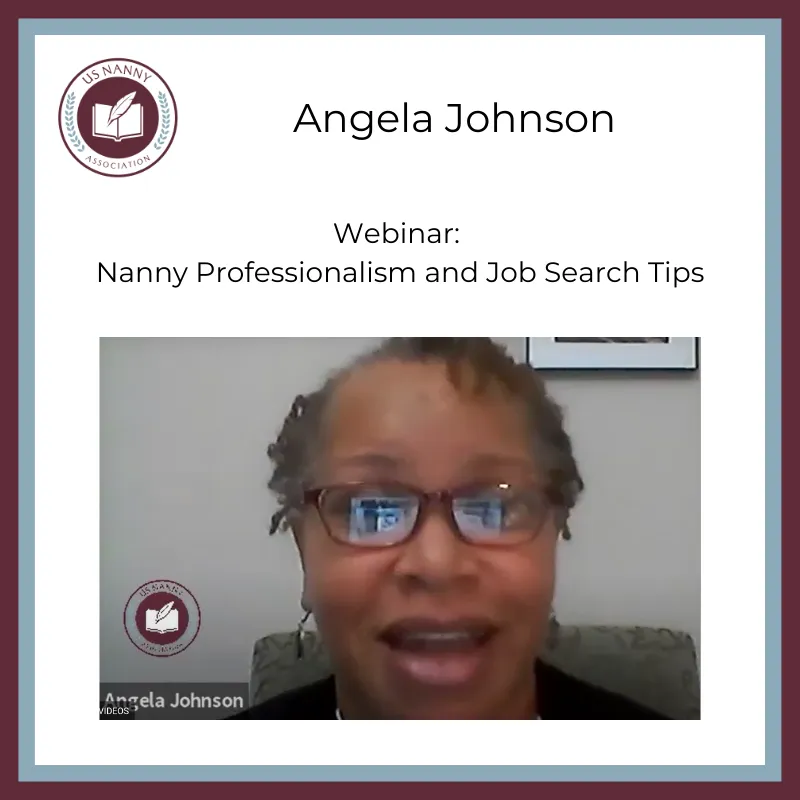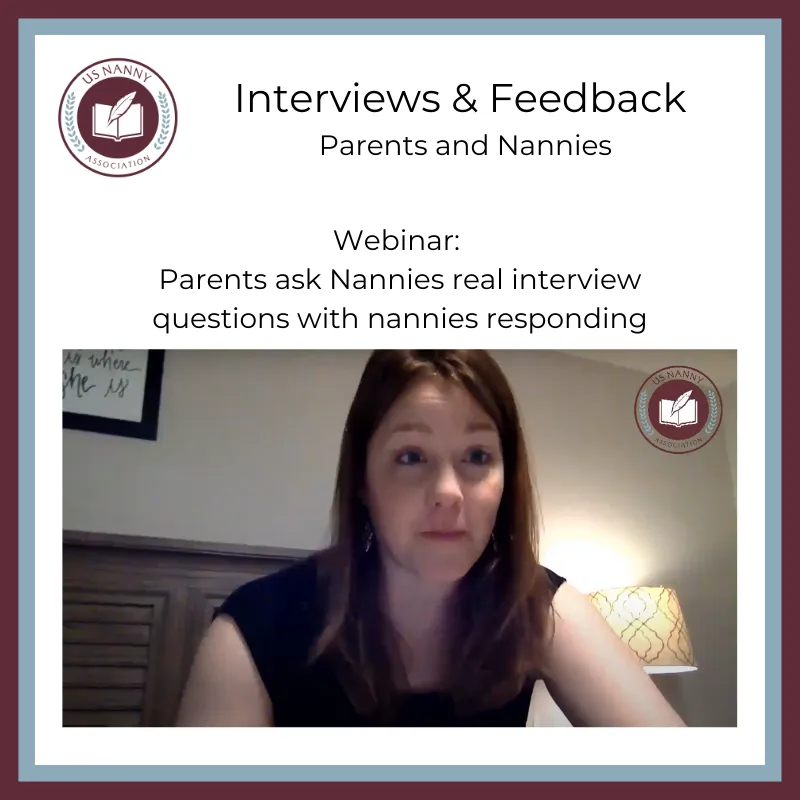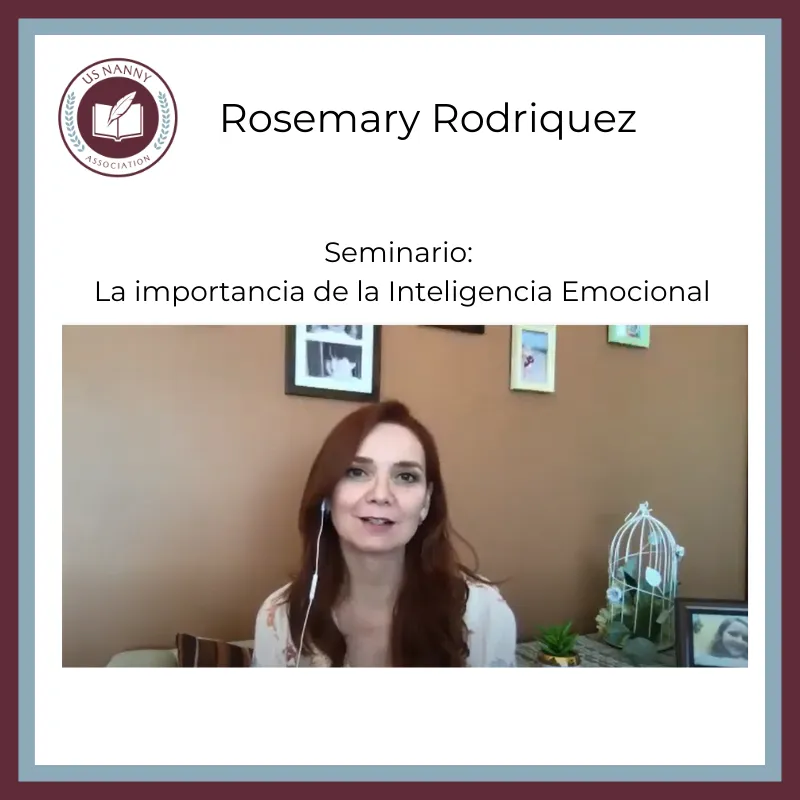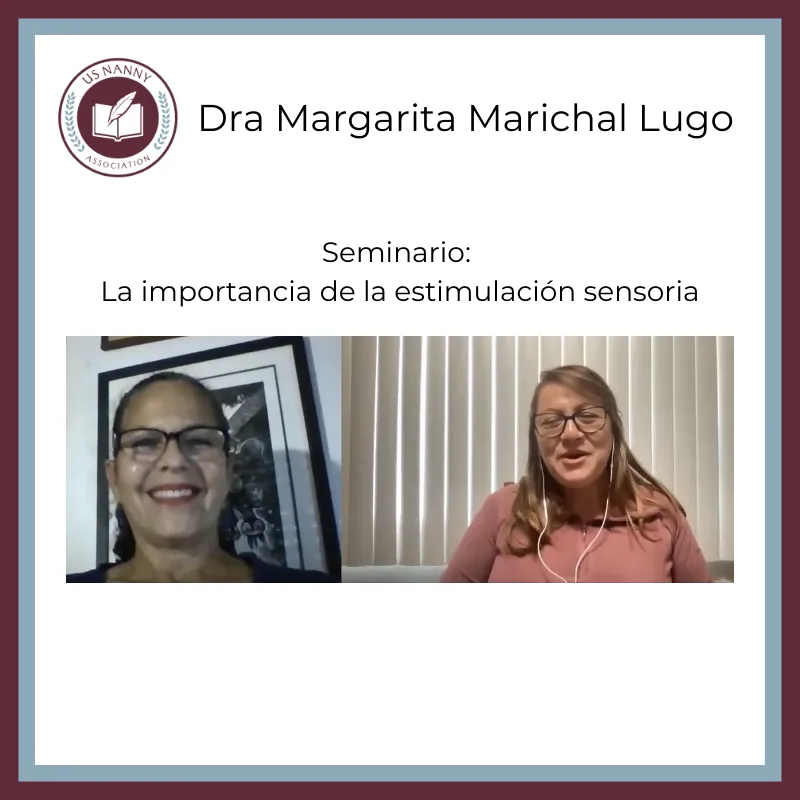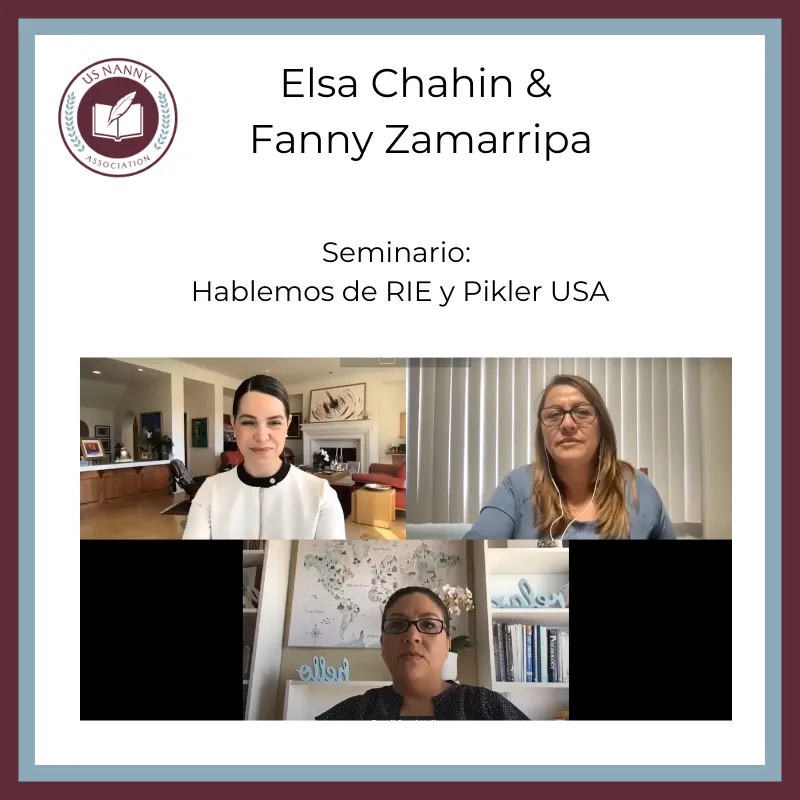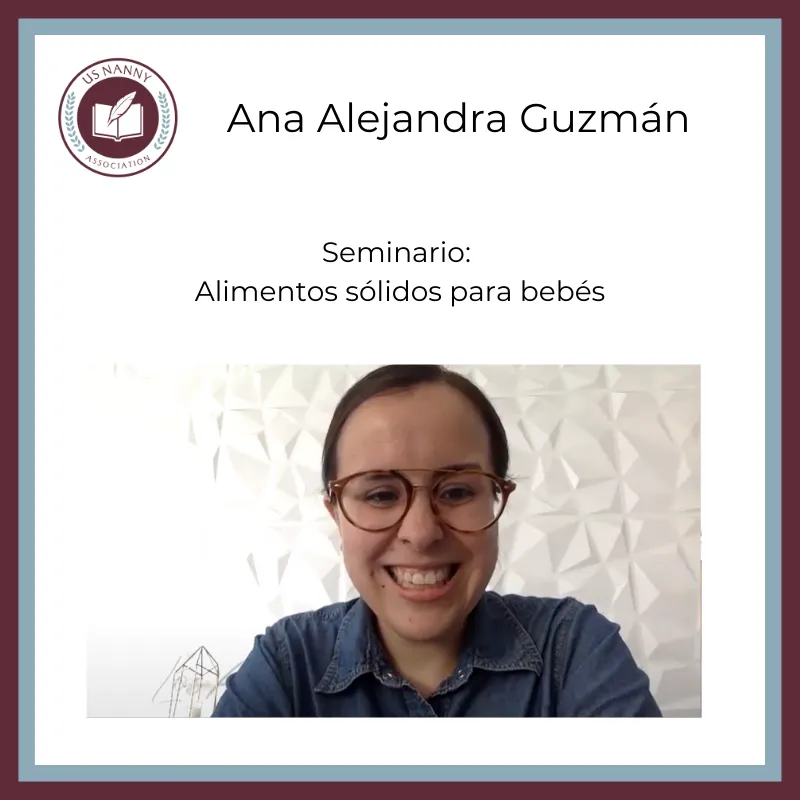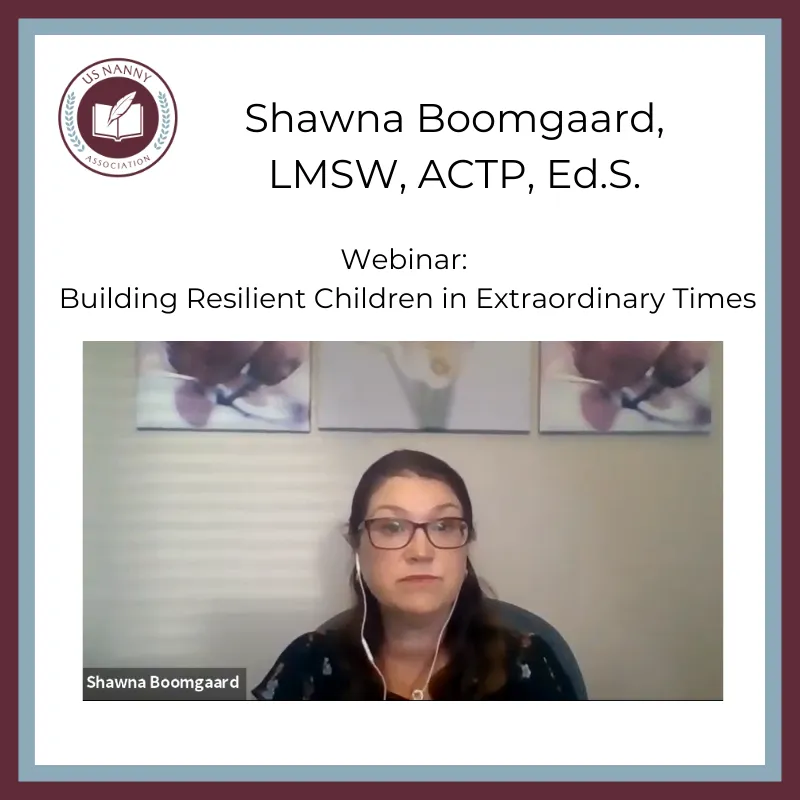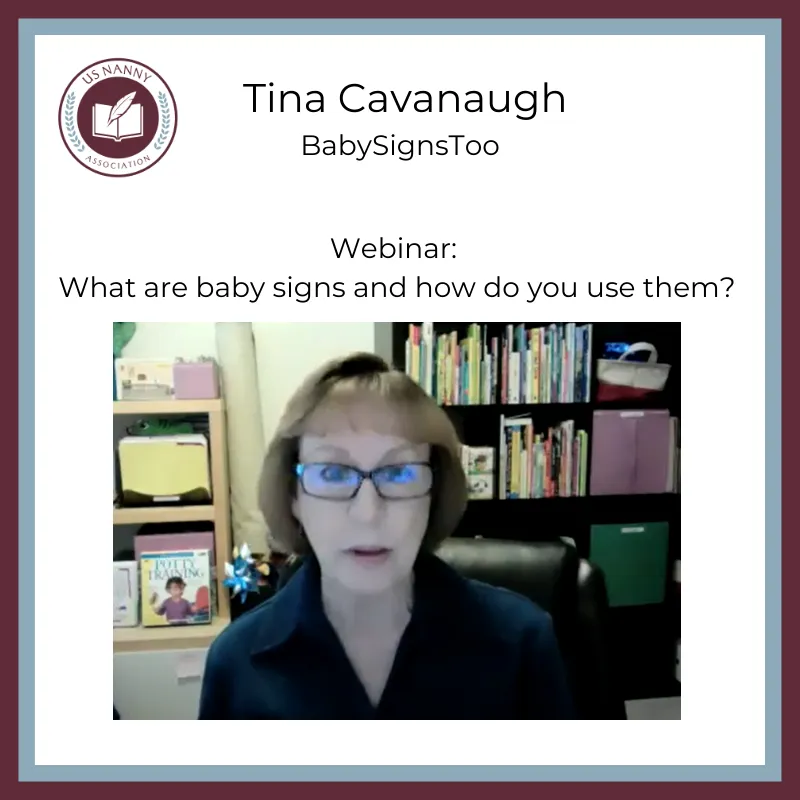For Educators

Partnering with Educators
The US Nanny Association collaborates with childcare educators and institutions to deliver high quality training programs that align to the published national nanny standards. We also publishes a wide range of articles on childcare and parenting.
Business membership with the Association grants access to an extensive digital library, providing valuable resources for educators and nanny trainers. Joining the Association can promote your classes and programs to parents, nannies and sitters.
Do you want to promote your training is approved for US Nanny certifications?
Do you want to add your training program to our website?
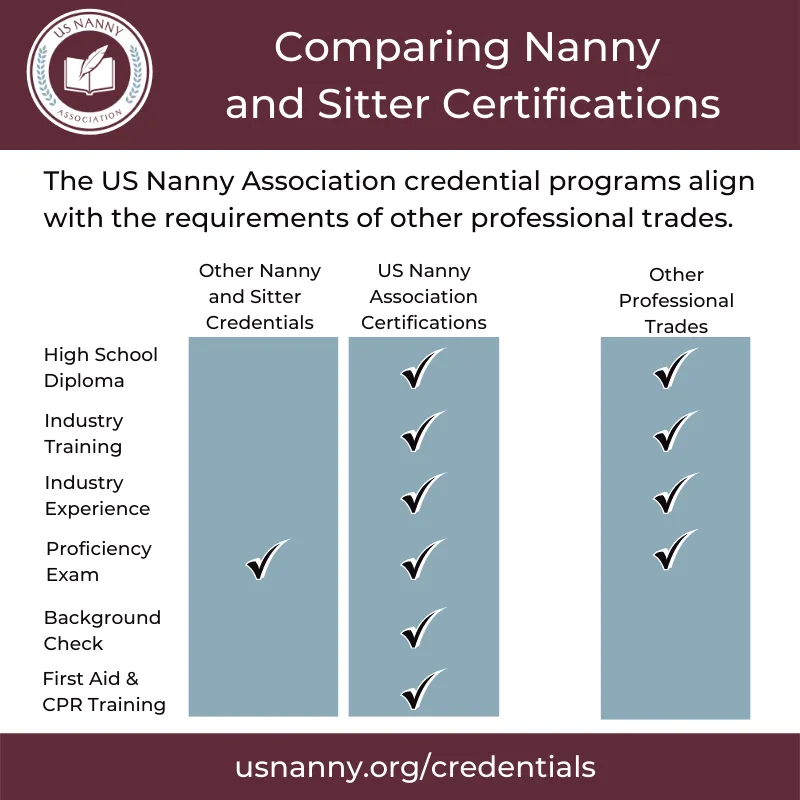
Training program requirements:
- 1. The training organization must review and acceptance of our professional code of conduct.
- 2. The training organization must be a business member of the US Nanny Association.
- 3. The training must include topics from the Nanny, Newborn and Infant Care and/or Professional National Nanny Standards.
- 4. The training must be evidence-based and follow all industry recommended guidelines and best practices including those provided by government agencies (CDC) and experts (AAP).
- 5. Courses and training must be taught by a qualified professional educator or college faculty member.
- 6. The class or training program must provide a certificate of attendance or transcript with the business or educator’s contact information, the student’s name, the date of training and the amount of time dedicated to training.
Classes and training programs that meet the above criteria are approved to communicate the class and/or training program is accepted by the US Nanny Association for the NCP and/or NICP certification program. Only professional trade schools and other approved post-secondary institutions can communicate their training is approved for the Professional Nanny Certification (PNCP).
The US Nanny Association does not audit, approve, endorse or certify classes or training programs. The US Nanny Association does track data on applicant performance and will issue a notice to classes and training programs whose students consistently perform poorly on the proficiency exam. The notice will include a request that the training organization improve the training based on the US National Nanny Standards. The US Nanny Association reserves the right at its sole discretion to approve and/or revoke acceptance of classes and training programs for all its certification programs.
Latest News
Countdown to Winter Holidays
Let's Count Down to the Winter Holidays Fun and Practical Critical Thinking Skills That Incorporate the Season by Dr. Linda Karges-Bone As the Winter holiday season draws near, nannies find themselves frantically keeping pace with school performances, holiday...
Conflict Resolution in Nanny-Family Relationships
Nanny-Family Conflict Resolution: Creating a Harmonious Child-Rearing Environment Nurturing a harmonious nanny-family relationship is vital for providing children with an environment where they can thrive. However, as with any relationship, conflicts can arise. As an...
Holiday Countdown
Let’s Count Down to the Winter HolidaysFun and Practical Critical Thinking Skills That Incorporate the Season by Dr. Linda Karges-Bone As the Winter holiday season draws near, nannies find themselves frantically keeping pace with school performances, holiday...
Member’s Only Digital Library
Explore the US Nanny Association, where both individual and business memberships grant access to our extensive digital library, featuring over 150 webinars, articles and eBooks. These resources cover a range of topics including childcare, employment, safety, leadership and more.
The digital library is organized into several sections
- Hiring a Nanny
- Seeking a Nanny Job
- En Español (Biblioteca)
- Child Development
- Leadership and Self Care
- Newsletters Archive
Below is a preview of the content available in our digital library. We also publish monthly articles in English and Spanish that are free. We encourage everyone to share these free articles on social media and by email.




